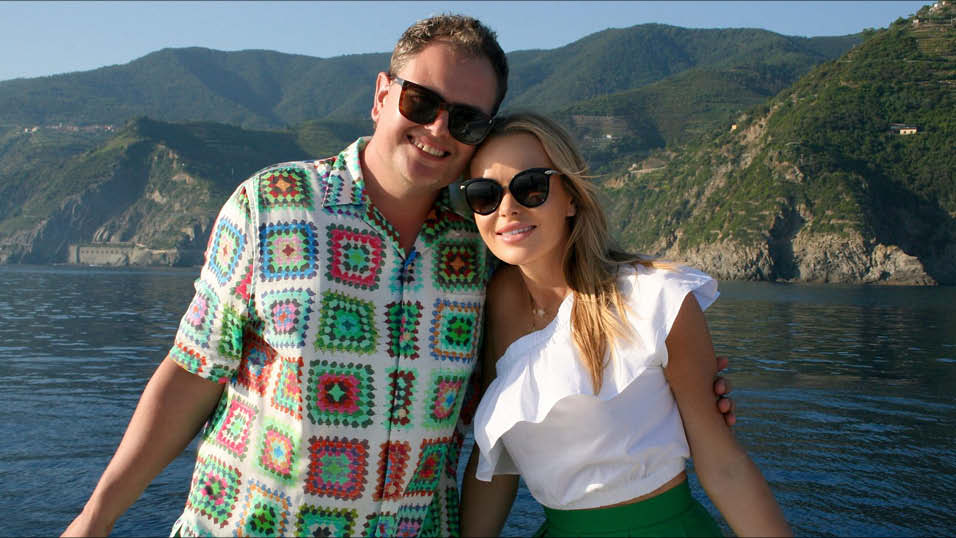At this week’s Televisual Factual Festival, Discovery’s SVP/ President of Production and Development, Documentaries and Specials, Howard Swartz, set out the importance of UK production companies for Discovery’s global content.
He said that “in the specialist factual blue chip world, nobody has a more rich culture with documentary than UK producers. It’s just part of the DNA of how you grew up in this industry.” He said that UK produced content was even more important “especially now as we move even deeper into the specialist factual space.”
Swartz went on to share recent Discovery research into audience tastes and especially the shift in what its male audience was after. “We asked male Discovery viewers what they were interested in, and the answers were really surprising. Whereas before we have a lot of guys with beards, yelling and screaming at each other building cars and motorcycles and living off the grid in Alaska and that sort of thing, that’s just become very predictable,” said Swartz.
And that has caused a shift in Discovery’s thinking. “The male audience, whether it’s because there’s more co viewing with kids or whether it’s with spouses, there’s much more of an appetite for more of an emotional journey now.”
He picked put recent Discovery natural history hit, Serengeti, as an example, saying that even though it was a natural history series “it dramatises the life of these animals, it exposes that rich, emotional life invoking that sense of empathy, relatability and a transformative emotional journey.”
He said Discovery audiences were looking for relatable characters where audiences can “respond to the journey” and not just “the end result” of what they are doing.”
Swartz said that “natural history is a huge, huge priority for us right now. It’s part of our DNA. Serengeti was a massive, massive success for us in the US. Not only was it the highest rated Natural History show we’ve done in six or seven years, it’s one of the highest rated new series period for the year.” And much of that was down to the show following the different character journeys on the show “People were on Twitter going crazy for the characters like they were the characters in Gold Rush. That was really exciting to see. So we’ve really doubled down in the natural history space. It’s gotten crazy expensive but we’re always looking for great natural history programming.”
Swartz said that in Serengeti the “storytelling was so different. It wasn’t the voice of God, it was much more immersive. It was told from the character POV, always faithful to the behaviour of the animals but still able to dramatise it in a way that made much more relatable.”
And he added that not all natural history had to be at the most expensive end “I don’t want everyone to come to me with a $3m show.” And that new voices in natural history would be welcomed “I think part of the evolution of the genre for us is to bring a different spin, a different lens through which to see natural history. There’s such a familiar grammar with natural history that having somebody with a different set of values from a storytelling perspective would be really interesting.”
Swartz also stressed that live events, like the recent Egypt Live, were also a big need for Discovery. “We have a tremendous appetite for live and the reason is we’re exploring with so many more platforms now than ever before. It’s not just the linear. We have a huge digital presence in short form content. Twitter Instagram Facebook Live these are all hugely important platforms for us so live gives you that ability to really explode on so many different platforms and have conversation with so many different demographics. It’s not even considered ancillary content any more. It is now as important as the linear piece as well.”
Staff Reporter
Share this story
















